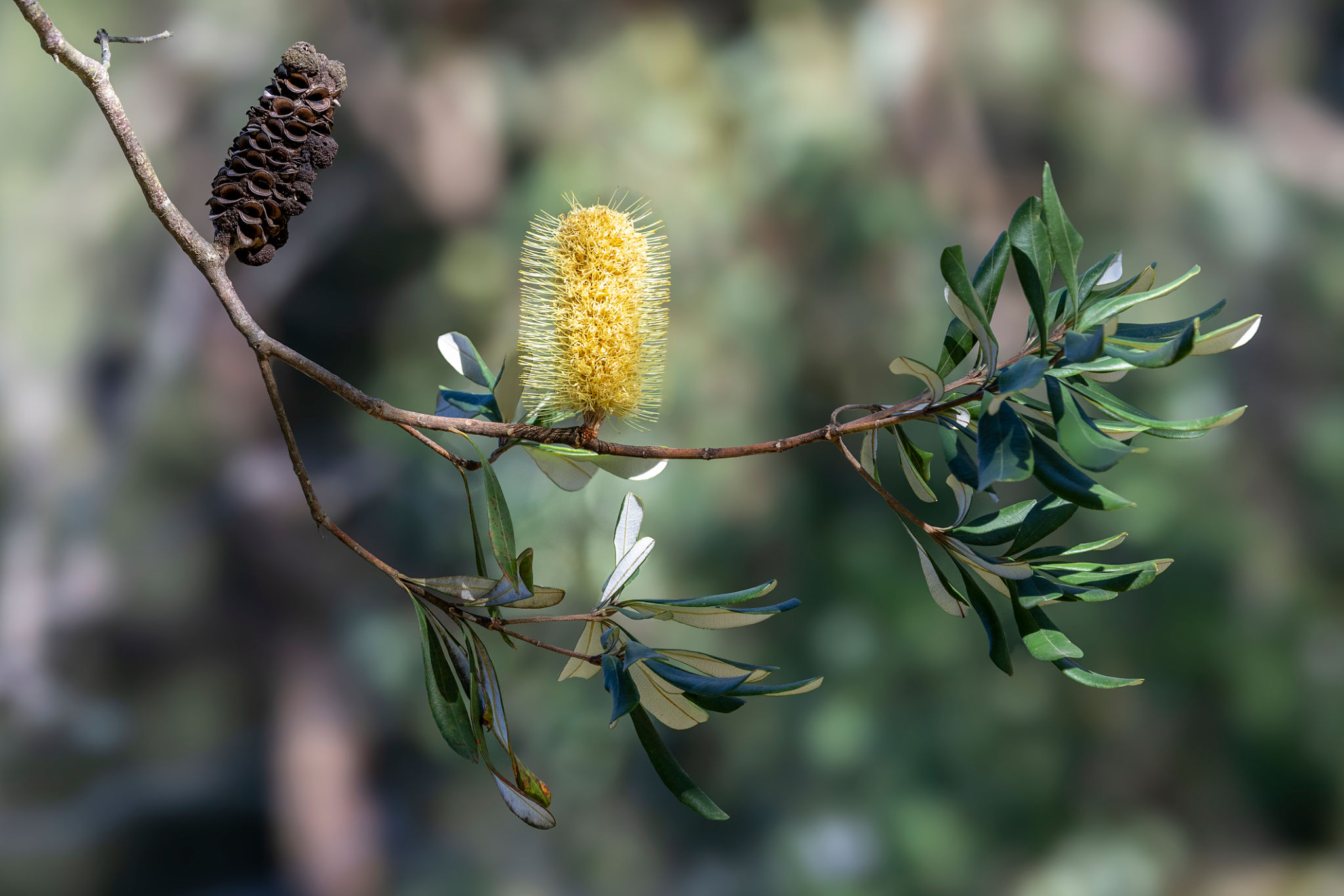Choosing the Right Plants for Joliet's Climate
Understanding Joliet's Climate
Joliet, Illinois, experiences a humid continental climate characterized by warm summers and cold winters. This means that plants must be able to withstand both the heat of summer and the chill of winter. The average annual temperature is about 50°F, with July temperatures averaging around 85°F and January temperatures commonly dropping to 15°F. Understanding these seasonal changes is crucial for selecting plants that will thrive in your garden year-round.

Choosing Native Plants
One of the best strategies for ensuring that your garden flourishes is to choose native plants. Native species are adapted to the local climate and soil conditions, making them more resilient and easier to care for. Some popular native plants in the Joliet area include the Black-Eyed Susan, Purple Coneflower, and Wild Bergamot. These plants not only survive but also thrive, offering vibrant colors and attracting local wildlife like bees and butterflies.
Benefits of Native Plants
Native plants offer many advantages. They require less water, fertilizer, and pesticides, making them environmentally friendly choices. Additionally, they support local ecosystems by providing food and habitat for native insects and birds. If you're looking to create a sustainable garden, focusing on native species is an excellent place to start.

Hardy Perennials and Annuals
In addition to native plants, hardy perennials and annuals can add variety to your garden. Perennials such as Hostas and Daylilies are tough enough to handle Joliet's climate fluctuations. Meanwhile, annuals like Marigolds and Zinnias offer bursts of color throughout the summer months. When selecting these plants, consider their sunlight requirements and water needs to ensure they receive optimal care.
Creating a Balanced Garden
A well-balanced garden includes a mix of perennials, annuals, shrubs, and trees to create depth and interest. Consider using taller plants like ornamental grasses or small trees as a backdrop for shorter flowers and ground covers. This layered approach not only enhances visual appeal but also helps manage water runoff and improves soil health.

Dealing with Soil Conditions
The soil in Joliet can vary from sandy to clay-like textures. Conducting a soil test will help determine its pH level and nutrient content, providing insights into which plants will perform best. Amend the soil as needed with compost or other organic materials to enhance its fertility and structure.
Improving Soil Health
Improving soil health is essential for plant success. Regularly adding organic matter such as compost or leaf mulch can improve soil texture and fertility. This practice helps retain moisture during dry spells and enhances drainage during periods of heavy rain.
Watering and Maintenance Tips
Proper watering is crucial for plant health. While some plants prefer consistently moist soil, others thrive with less frequent watering. Installing a drip irrigation system can ensure efficient water use while reducing waste. Additionally, mulching around plants helps retain moisture and suppress weeds.
Seasonal Care
Seasonal maintenance is important in Joliet's climate. In spring, clean up any debris from winter and prune dead or damaged branches. Summer requires regular watering and pest monitoring. In fall, cut back perennials and apply mulch to protect roots during winter.

By considering these factors and choosing the right plants for Joliet's climate, you can create a thriving garden that is both beautiful and sustainable. Whether you are a seasoned gardener or a beginner, understanding the needs of your plants is key to success.
